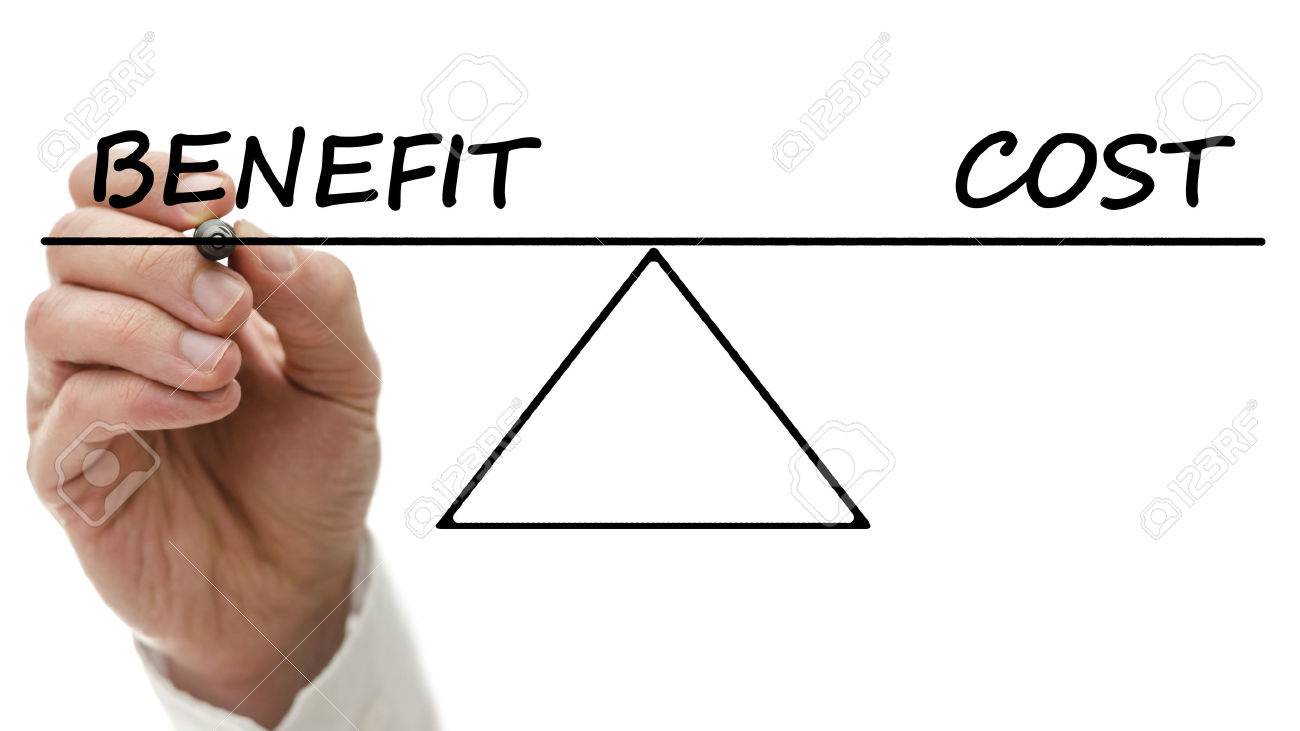Advantages of Cost Analysis
In this article, we will explore the advantages of cost analysis and how it can benefit businesses in various ways. Cost analysis is a crucial process that allows companies to evaluate their expenses and identify areas where cost-saving measures can be implemented. By conducting a comprehensive cost analysis, businesses can make informed decisions to optimize their operations and improve profitability.
Increased Financial Visibility
One of the key advantages of cost analysis is that it provides businesses with increased financial visibility. By analyzing costs across different departments and functions, companies can gain a clear understanding of their overall expenditure. This allows them to identify any unnecessary expenses or areas where costs can be reduced.
Identification of Cost Drivers
Cost analysis helps in identifying the key drivers of costs within an organization. By analyzing cost data, businesses can pinpoint the activities or processes that contribute the most to their expenses. This knowledge enables them to focus on optimizing those specific areas, leading to significant cost savings.
Optimized Pricing Strategies
Cost analysis plays a crucial role in developing effective pricing strategies. By understanding the costs associated with producing goods or providing services, businesses can set prices that ensure profitability while remaining competitive in the market. Accurate cost analysis helps in avoiding underpricing or overpricing, which can negatively impact the business.
Improved Decision Making
Another advantage of cost analysis is that it facilitates improved decision-making. By having a clear understanding of costs, businesses can make informed choices about investments, resource allocation, and process improvements. Cost analysis provides the necessary data to evaluate the potential benefits and drawbacks of different decisions, enabling companies to make choices that align with their strategic goals.
Enhanced Cost Control
Cost analysis enables businesses to have better control over their expenses. By regularly analyzing costs, companies can identify any cost overruns or deviations from budgets. This allows them to take corrective actions promptly, such as implementing cost-cutting measures or renegotiating contracts with suppliers. Enhanced cost control leads to improved financial stability and long-term sustainability.
Increased Profitability
Ultimately, cost analysis contributes to increased profitability. By identifying cost-saving opportunities, optimizing pricing strategies, and making informed decisions, businesses can improve their bottom line. Cost analysis allows companies to allocate resources efficiently, reduce wastage, and identify opportunities for revenue growth. These factors collectively contribute to enhanced profitability and business success.

In conclusion, cost analysis offers numerous advantages to businesses. It provides increased financial visibility, helps identify cost drivers, enables optimized pricing strategies, facilitates improved decision-making, enhances cost control, and ultimately leads to increased profitability. By leveraging the power of cost analysis, businesses can gain a competitive edge and achieve sustainable growth in today’s dynamic business environment.
Frequently Asked Questions about the Advantages of Cost Analysis
1. What is cost analysis?
Cost analysis is a process of evaluating and examining the expenses associated with a particular project, product, or service.
2. What are the main advantages of cost analysis?
The advantages of cost analysis include:
Identifying cost-saving opportunities
Improving decision-making processes
Enhancing budget planning and control
Optimizing resource allocation
Identifying areas of waste and inefficiency
3. How does cost analysis help in identifying cost-saving opportunities?
Cost analysis helps in identifying cost-saving opportunities by analyzing the various cost components and identifying areas where expenses can be reduced without compromising quality or performance.
4. How does cost analysis improve decision-making processes?
Cost analysis provides valuable insights into the financial implications of different options, enabling better decision-making based on accurate cost data.
5. How does cost analysis enhance budget planning and control?
By analyzing costs, cost analysis helps in setting realistic budgets, monitoring expenses, and ensuring better control over financial resources.
6. How does cost analysis optimize resource allocation?
Cost analysis helps in identifying areas where resources are being underutilized or overutilized, allowing for better allocation of resources to maximize efficiency.
7. How does cost analysis help in identifying areas of waste and inefficiency?
Cost analysis highlights areas where resources are being wasted or processes are inefficient, enabling organizations to implement strategies for improvement.
8. Can cost analysis be used in any industry?
Yes, cost analysis can be used in any industry as it helps organizations understand their financial performance and make informed decisions.
9. What types of costs are considered in cost analysis?
Cost analysis considers various types of costs, including direct costs, indirect costs, fixed costs, variable costs, and opportunity costs.
10. How often should cost analysis be performed?
The frequency of cost analysis depends on the needs of the organization. It can be performed regularly, such as monthly or quarterly, or on a project-specific basis.
11. What tools or methods can be used for cost analysis?
Common tools and methods for cost analysis include cost-benefit analysis, cost-volume-profit analysis, break-even analysis, and activity-based costing.
12. How does cost analysis contribute to overall business profitability?
Cost analysis helps in identifying cost-saving opportunities and improving operational efficiency, which ultimately leads to increased profitability for the business.
13. Can cost analysis help in identifying pricing strategies?
Yes, cost analysis provides valuable insights into the cost structure of products or services, helping organizations determine appropriate pricing strategies to achieve desired profit margins.
14. How does cost analysis help in managing risks?
Cost analysis helps in identifying potential financial risks by analyzing costs and estimating the impact of different scenarios, allowing organizations to develop risk mitigation strategies.
15. What are the long-term benefits of implementing cost analysis?
The long-term benefits of implementing cost analysis include improved financial performance, increased competitiveness, better resource management, and enhanced decision-making capabilities.




